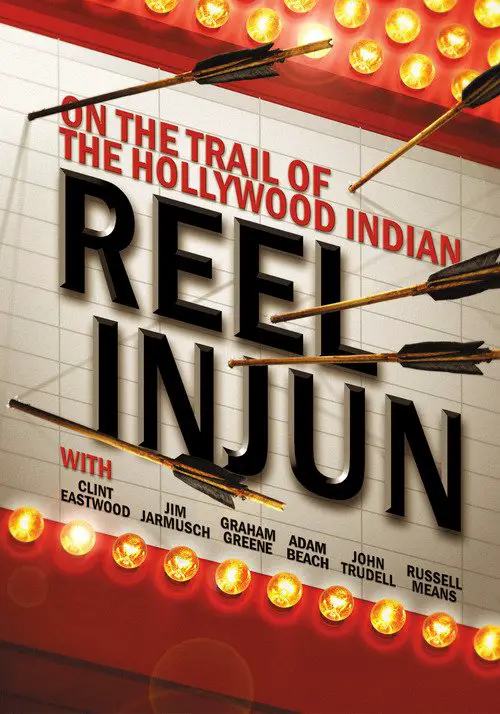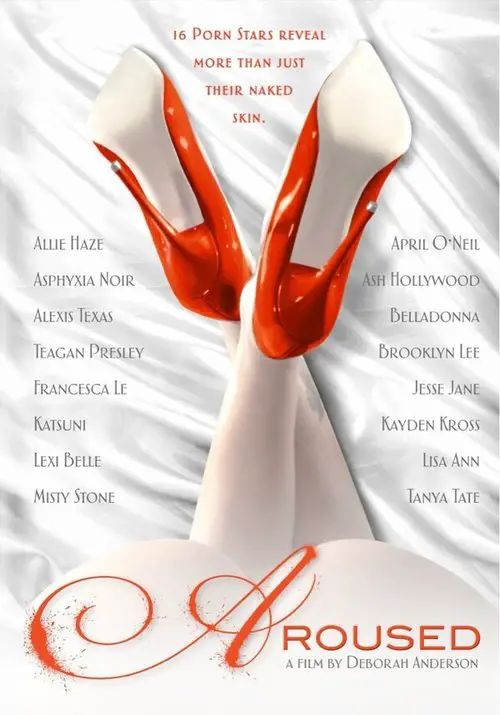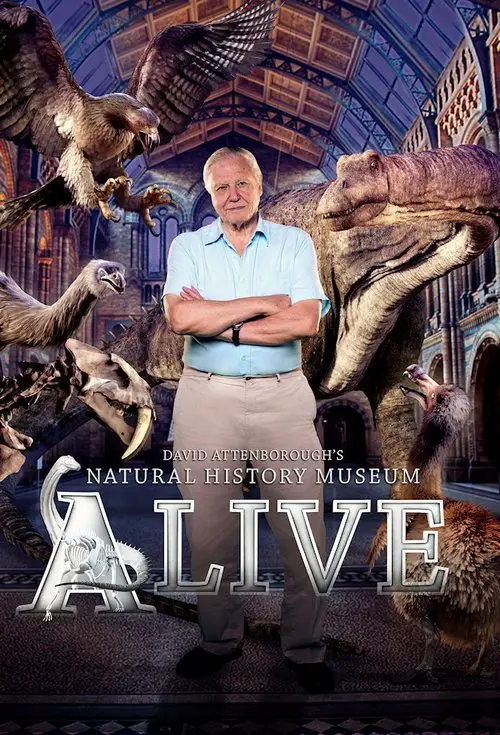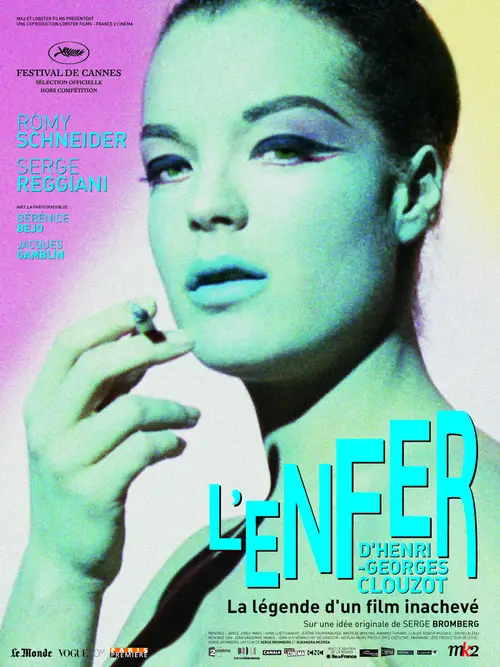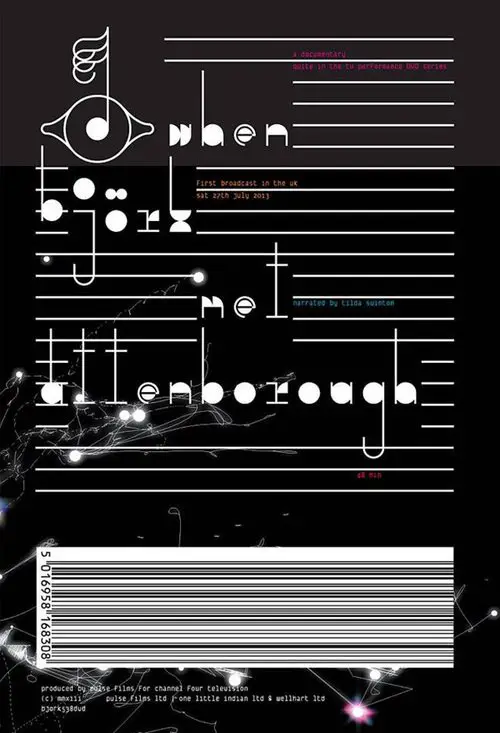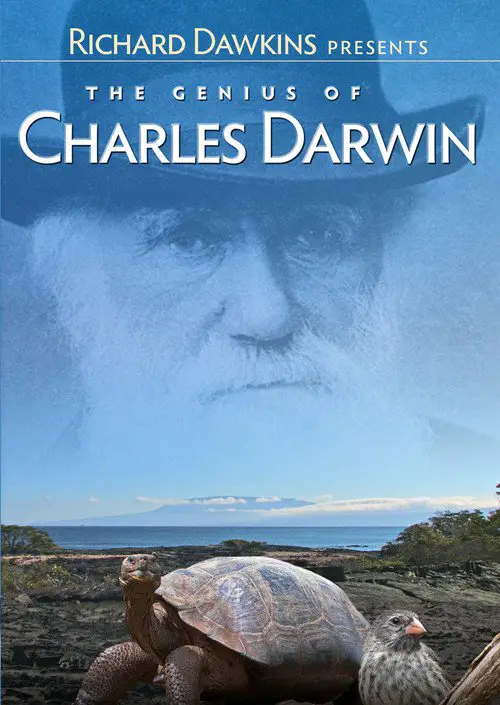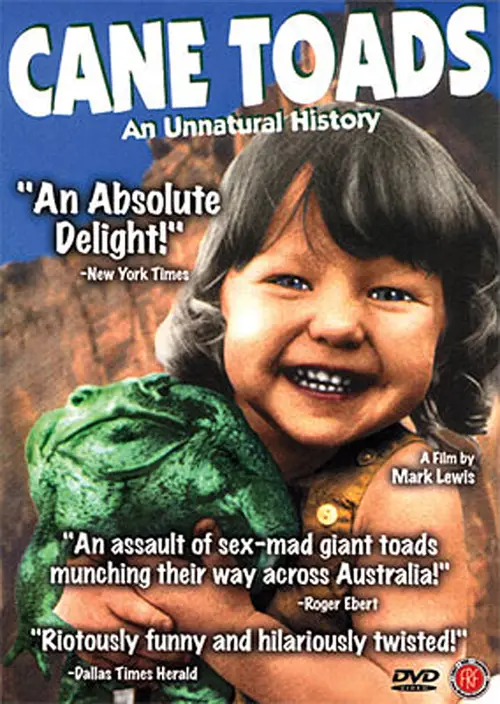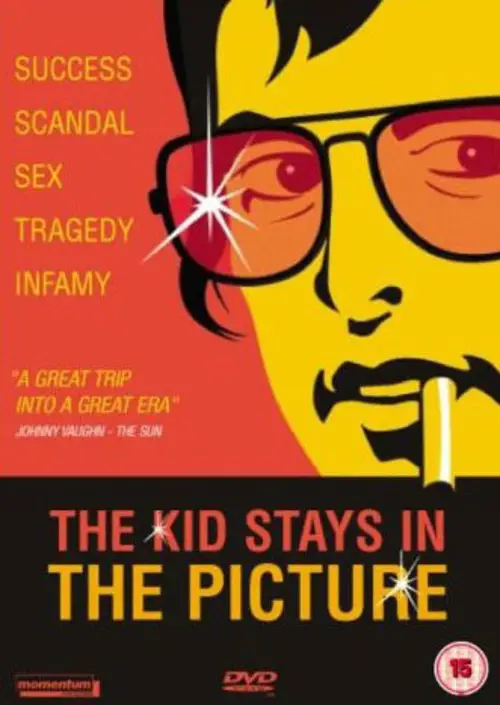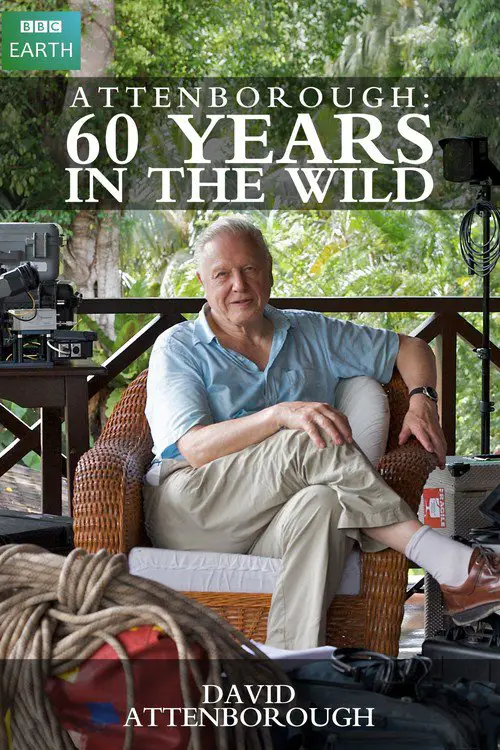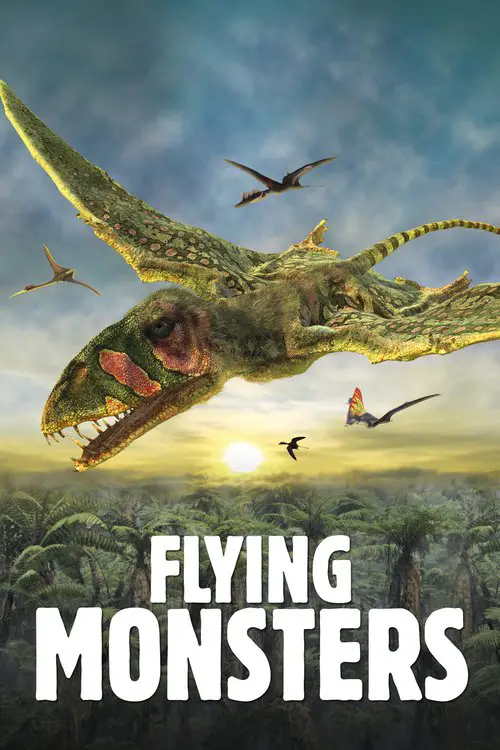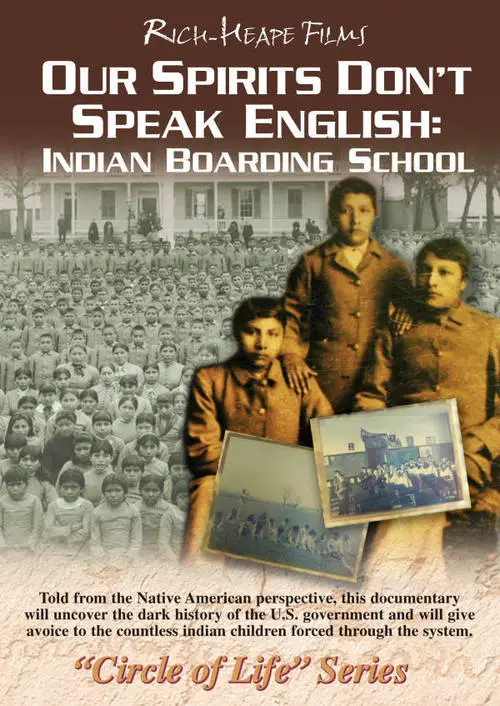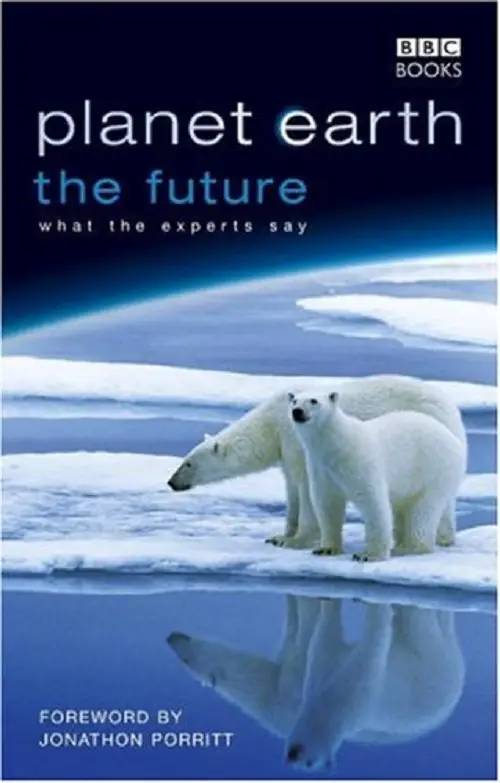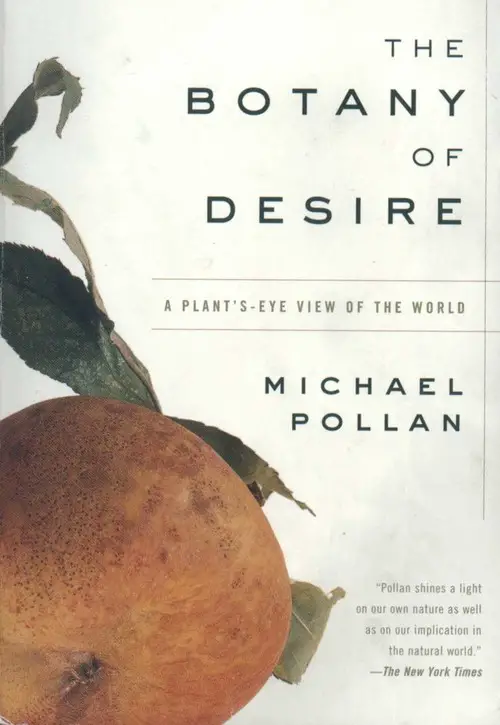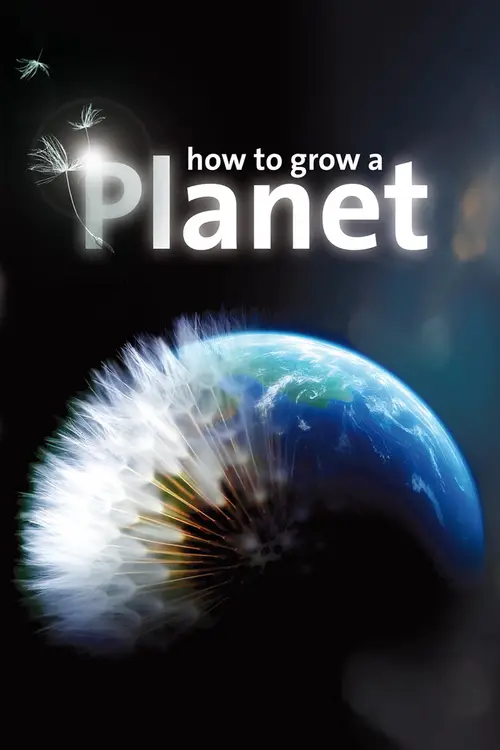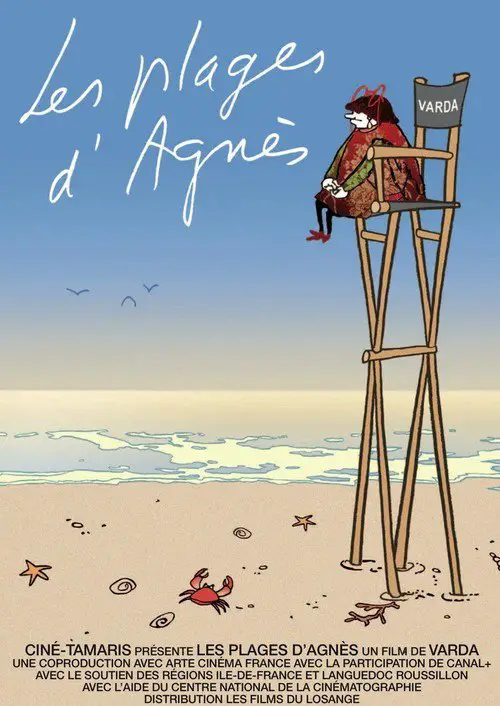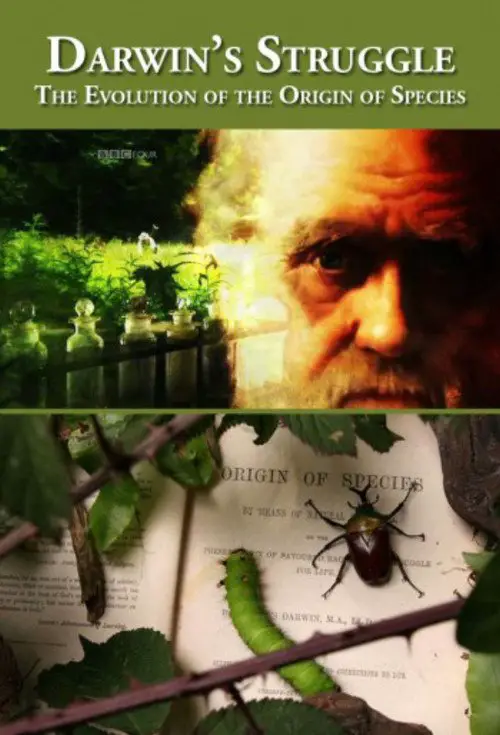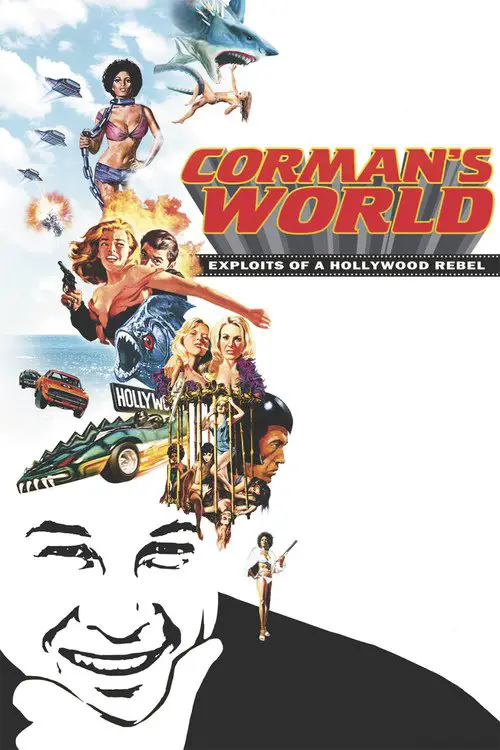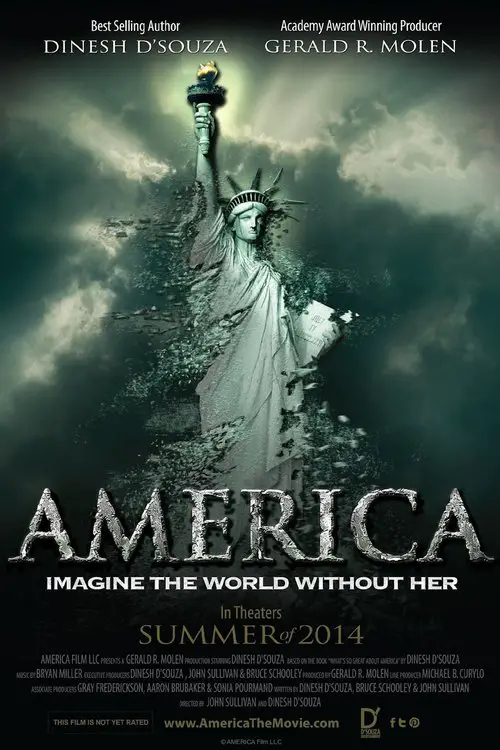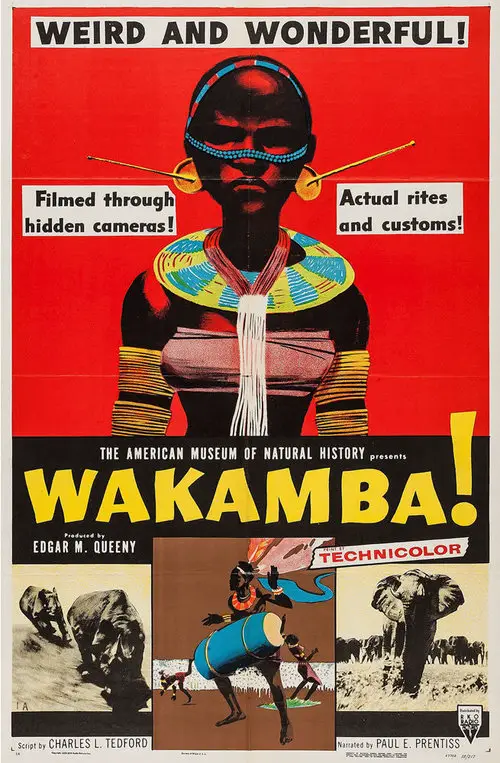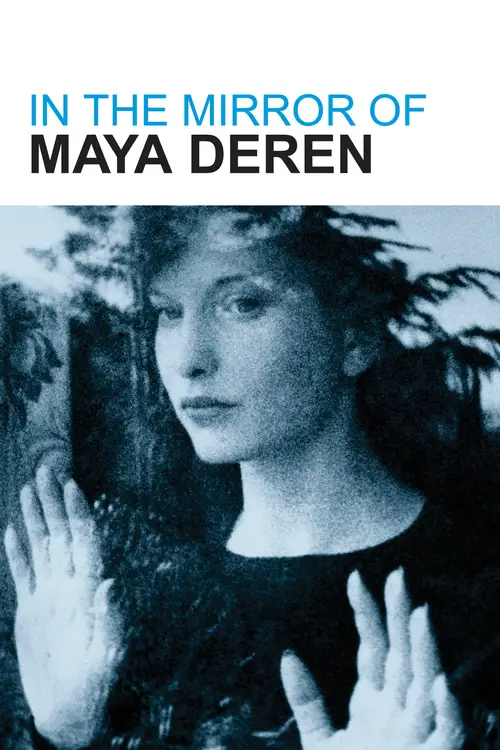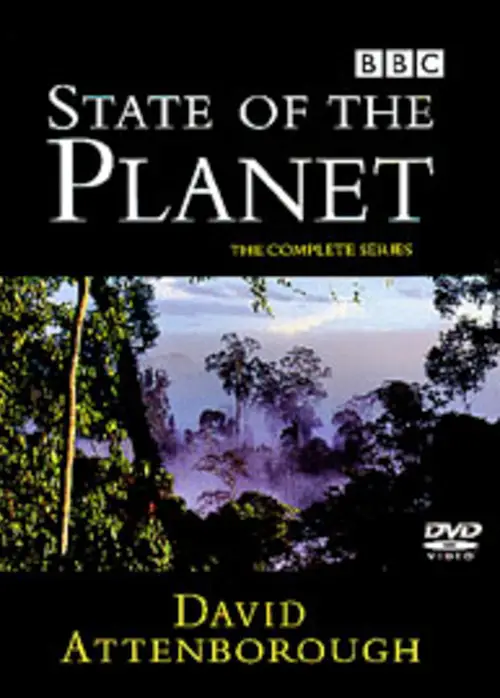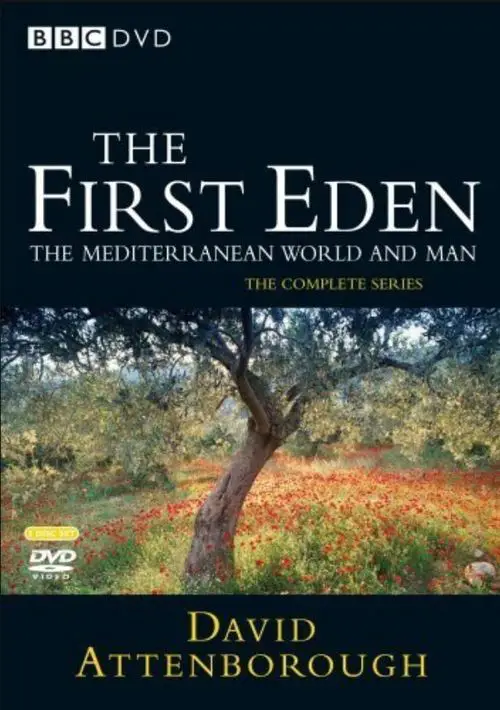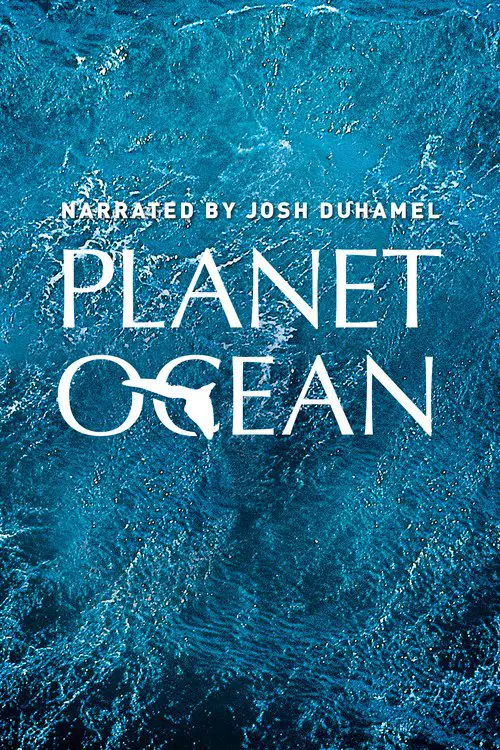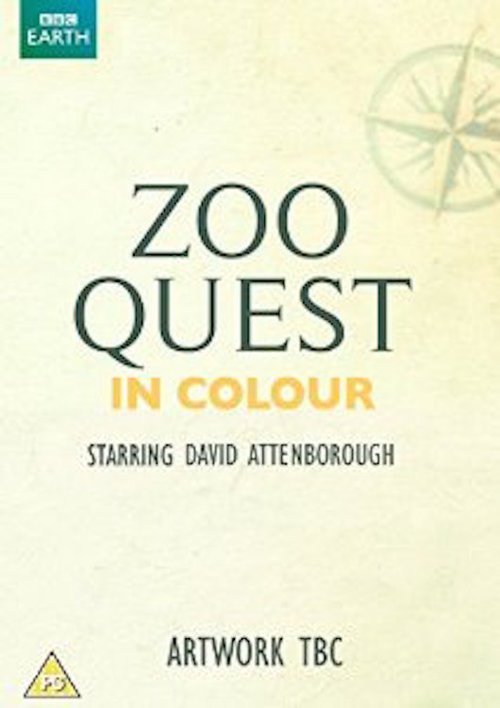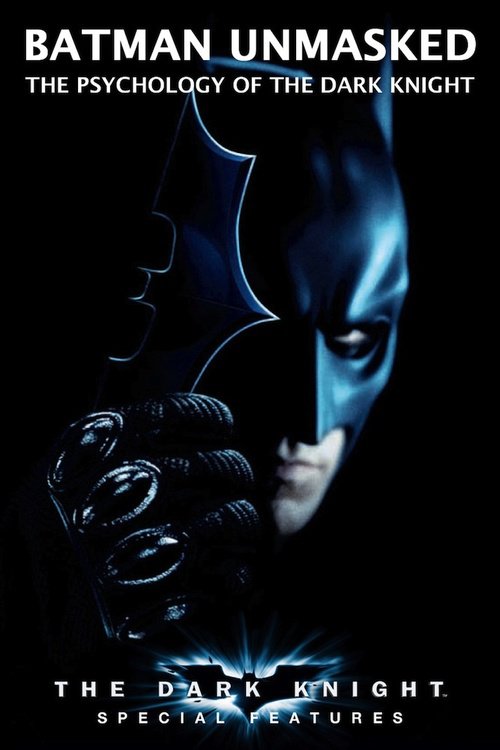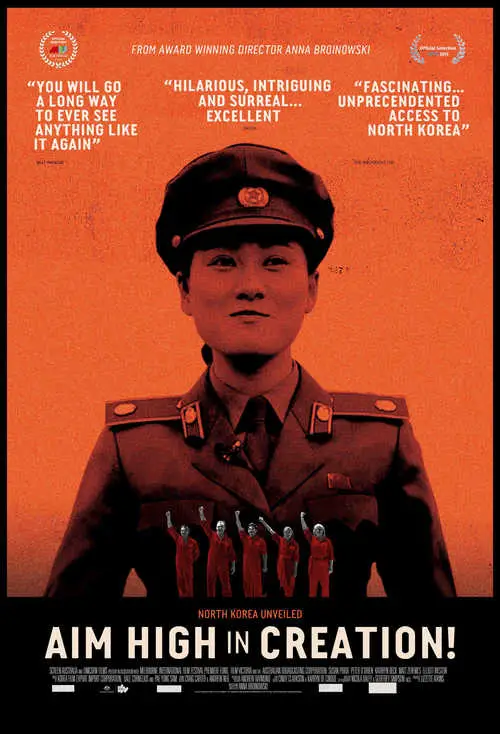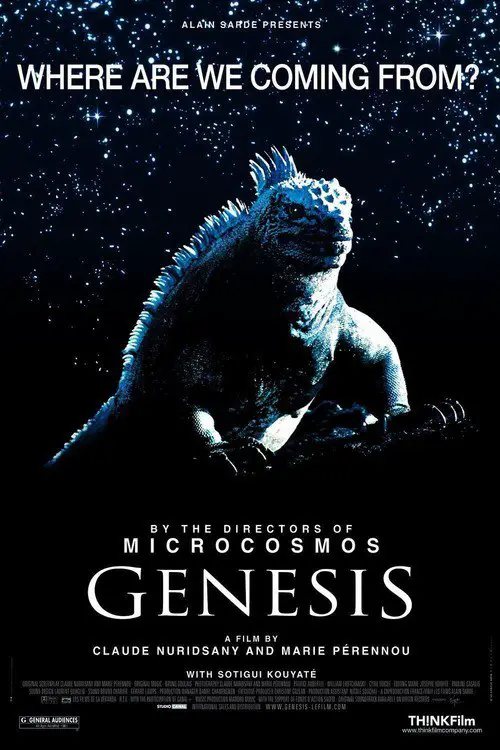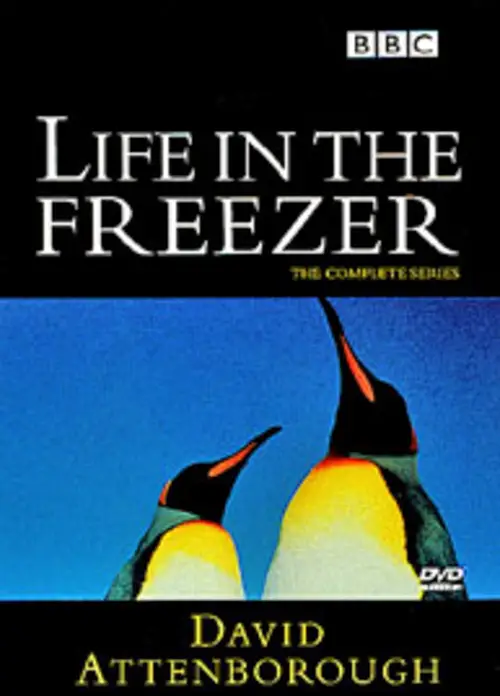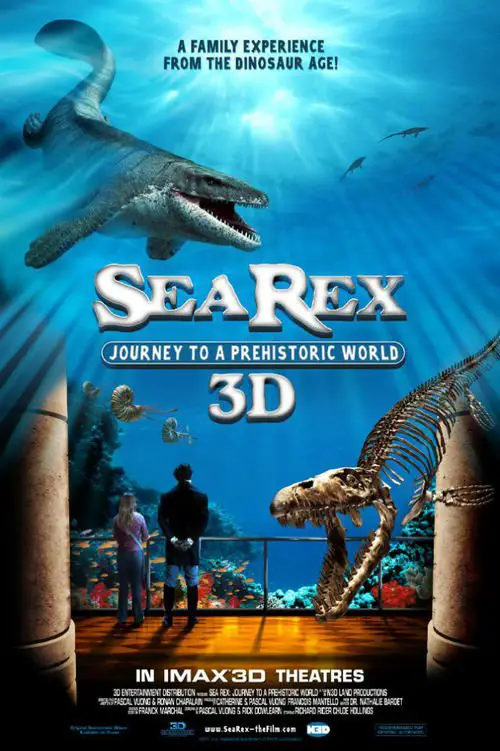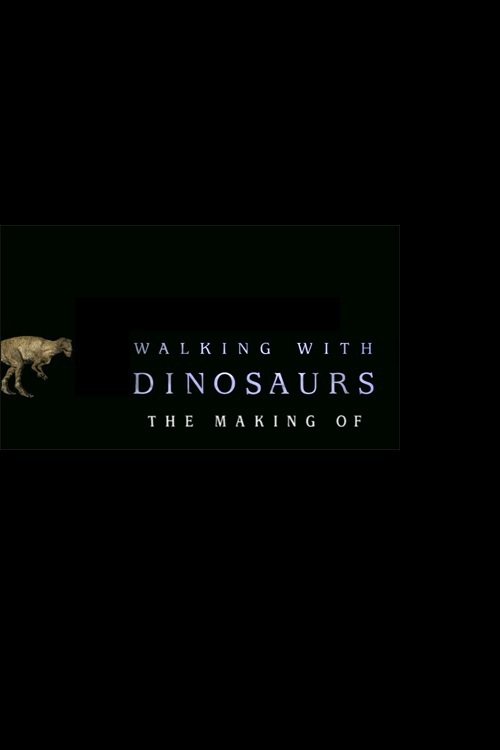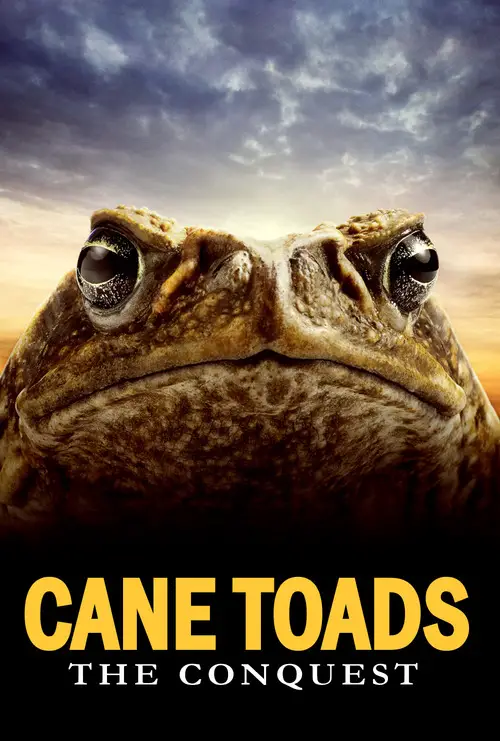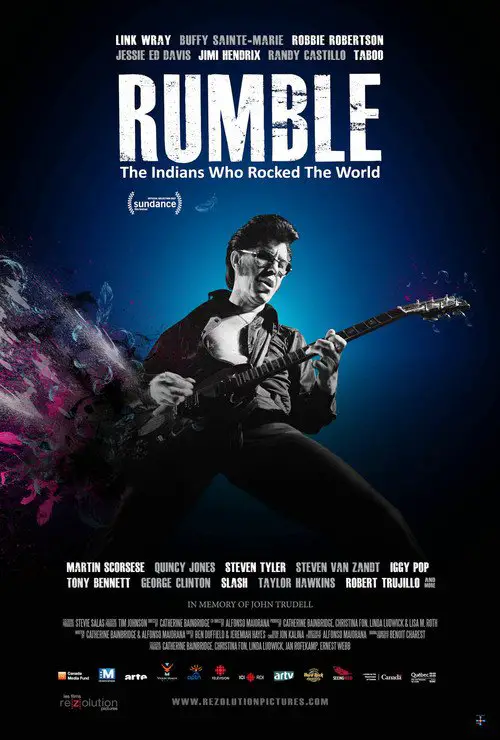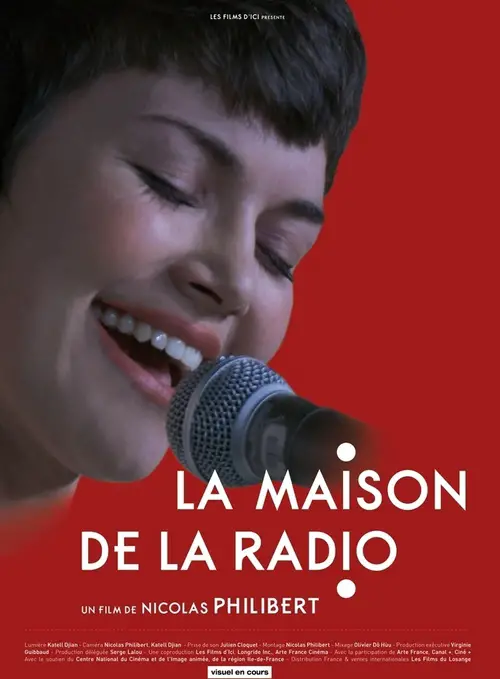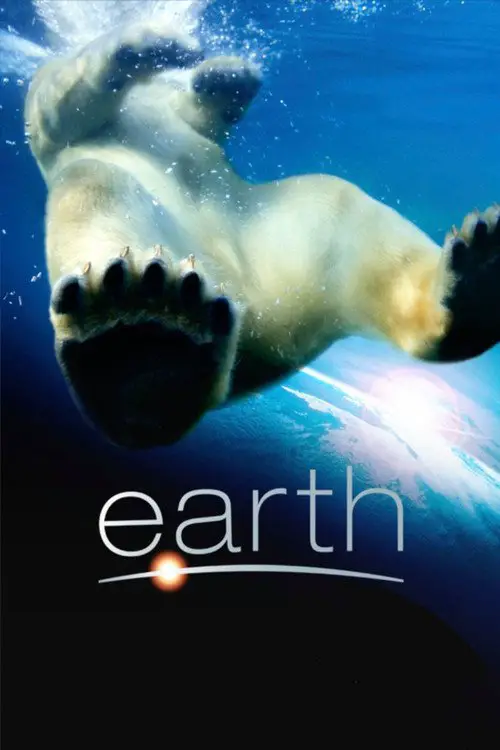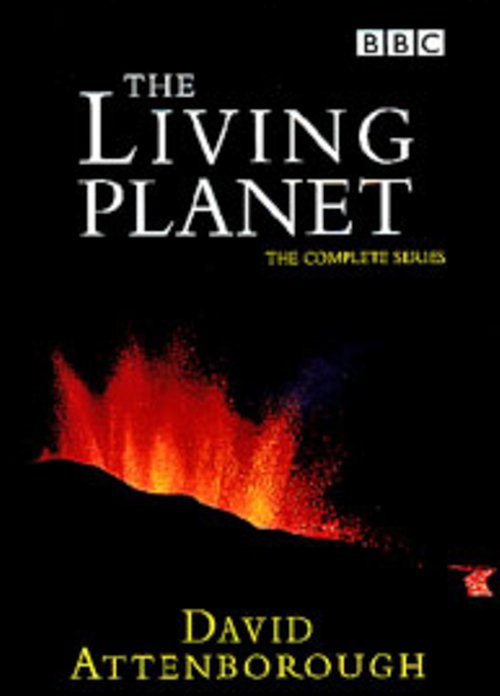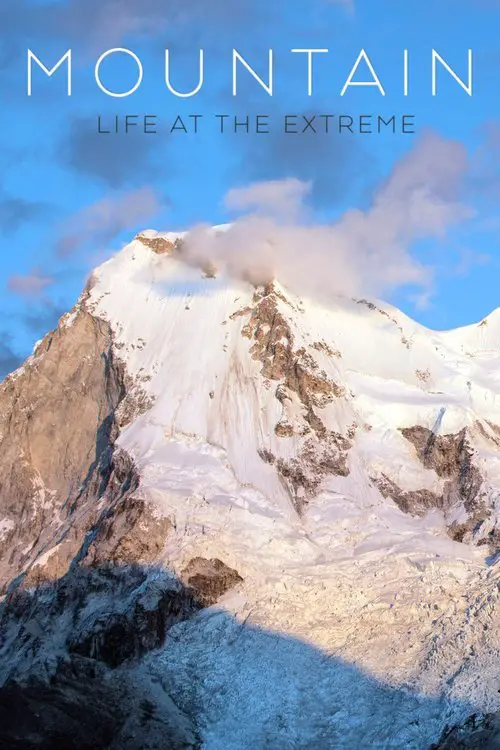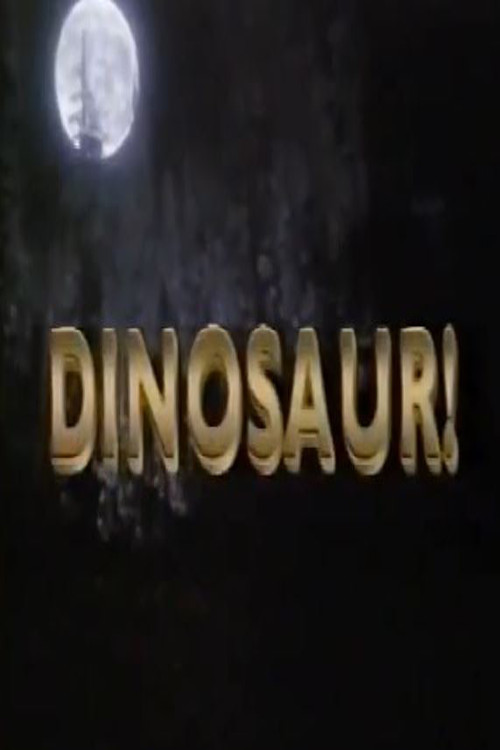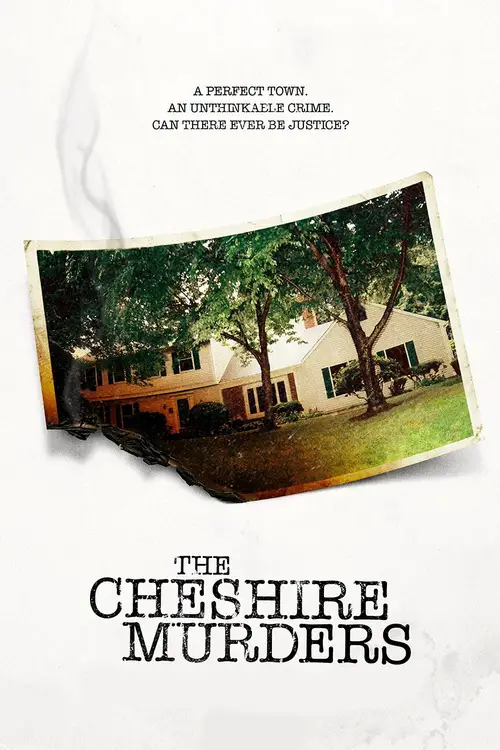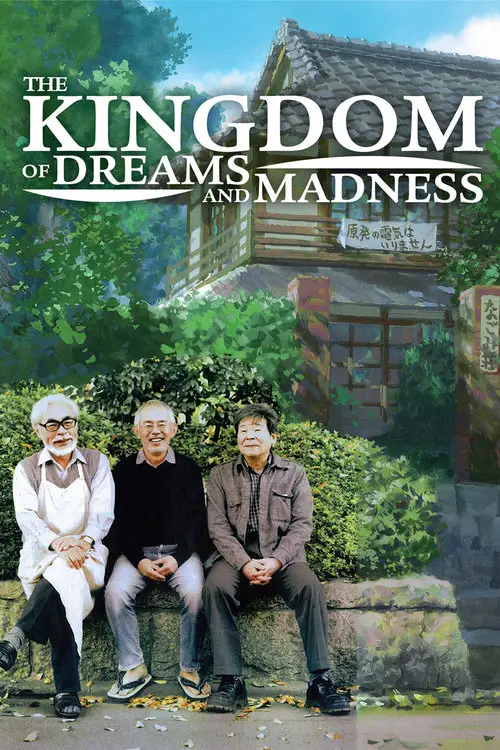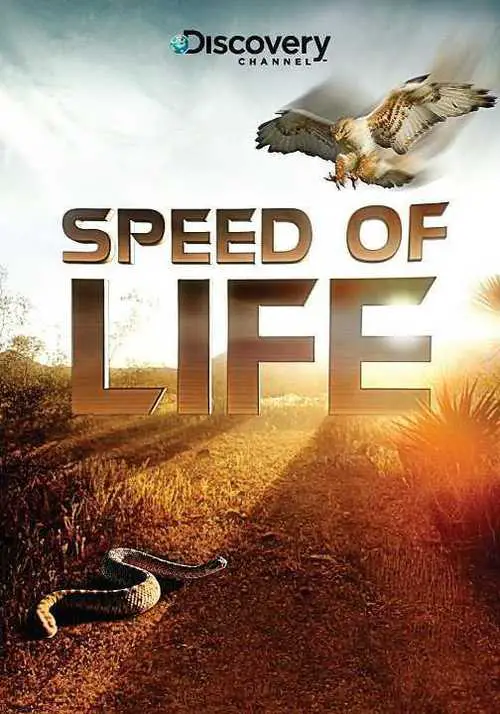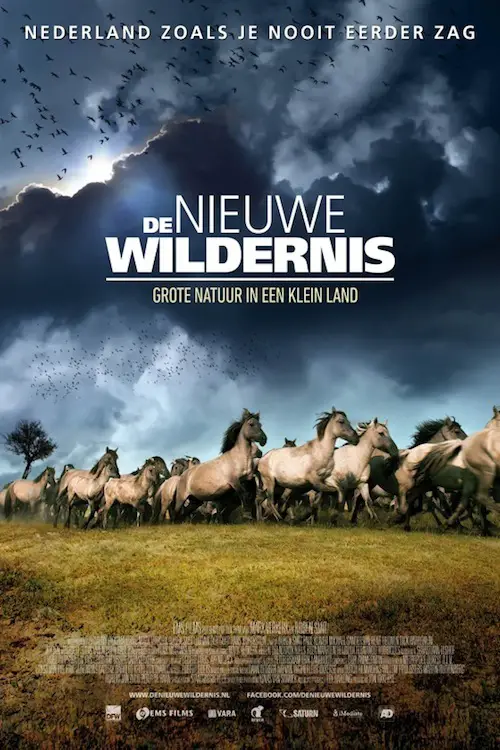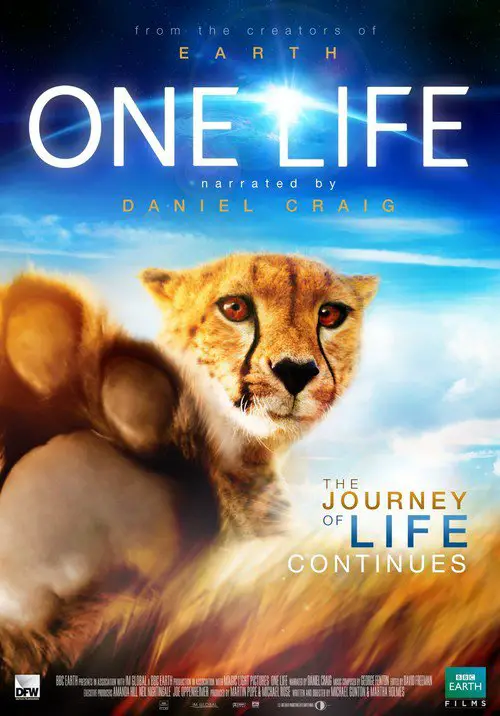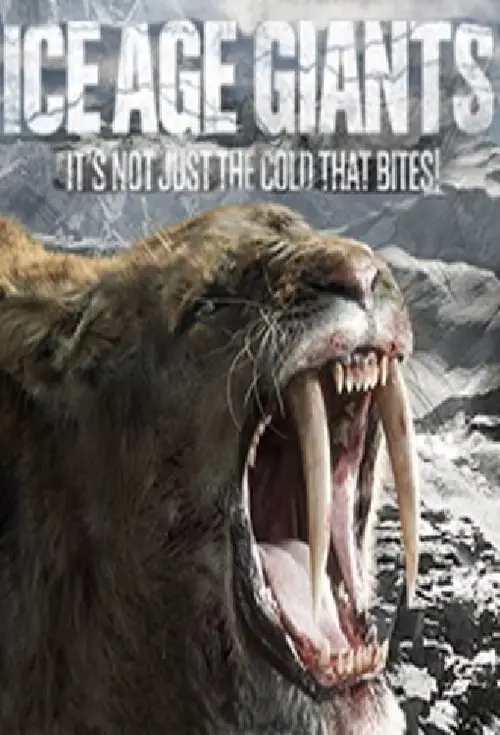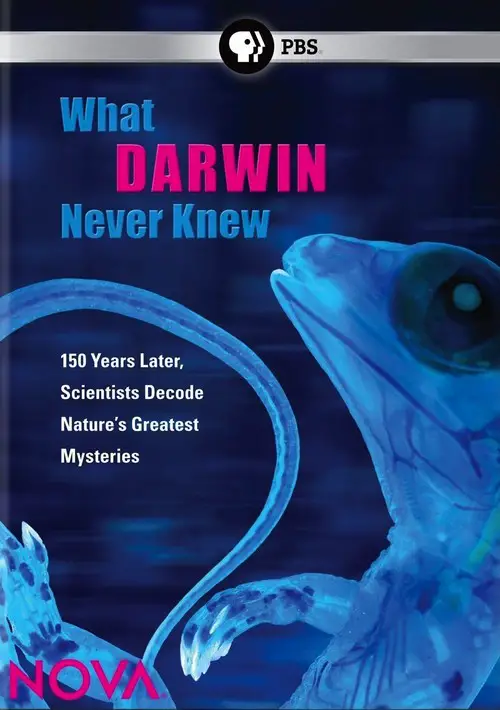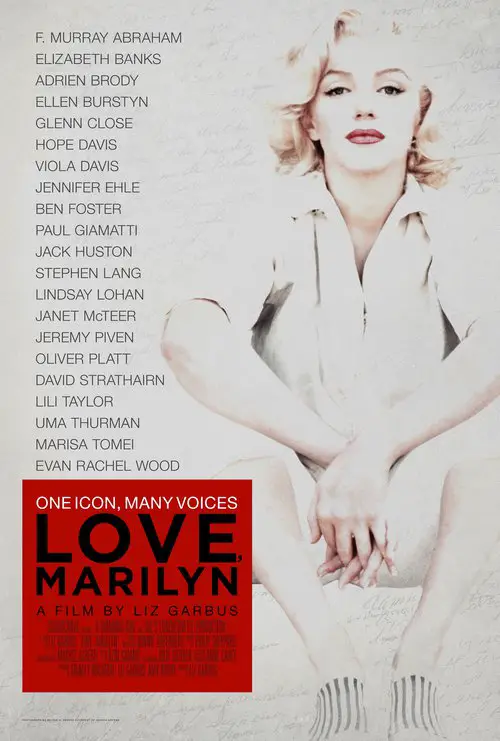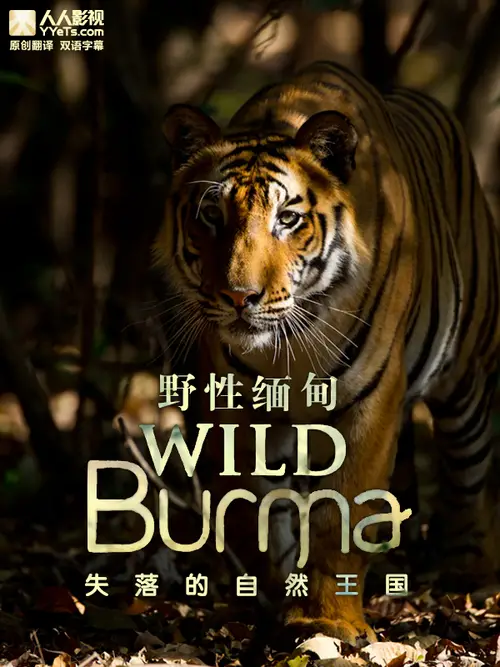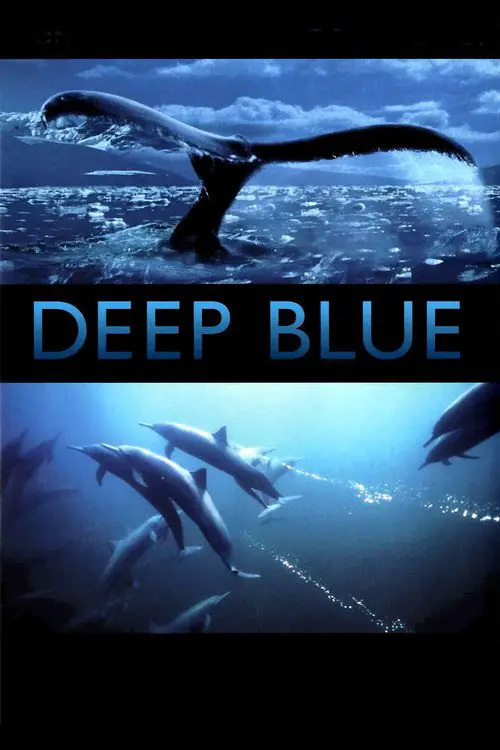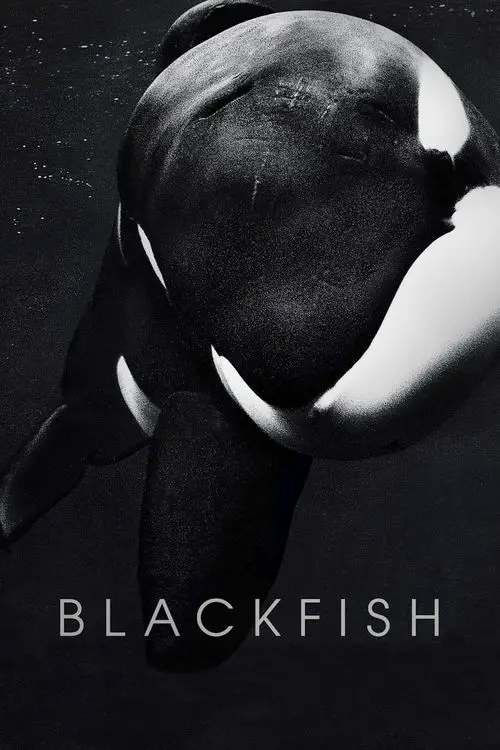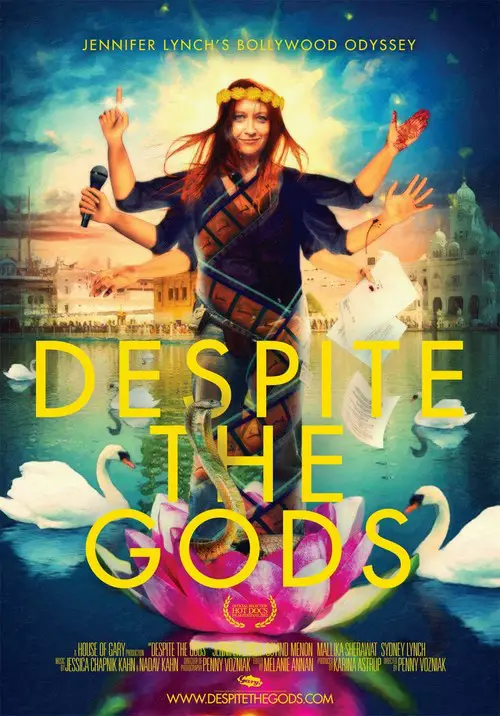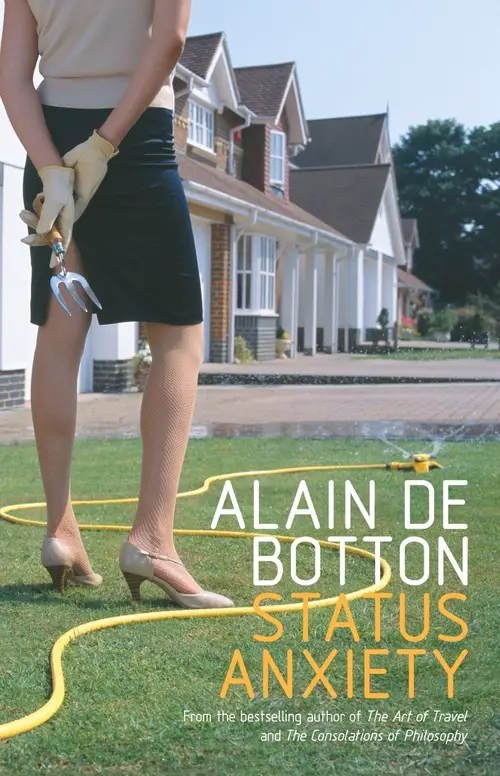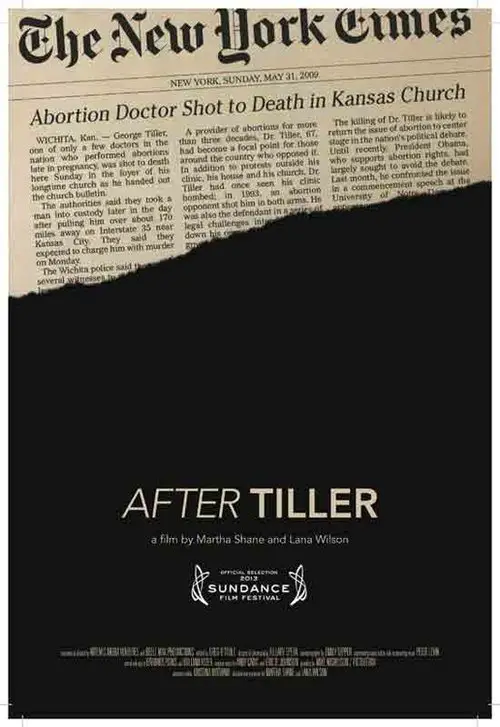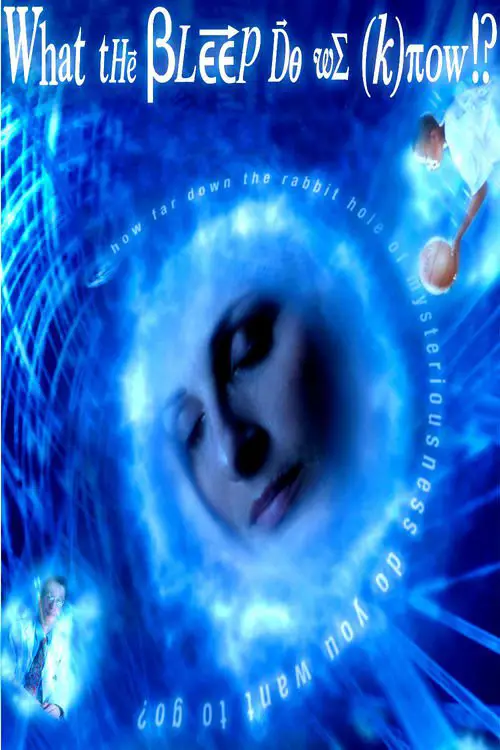Where God Likes to Be (2014)
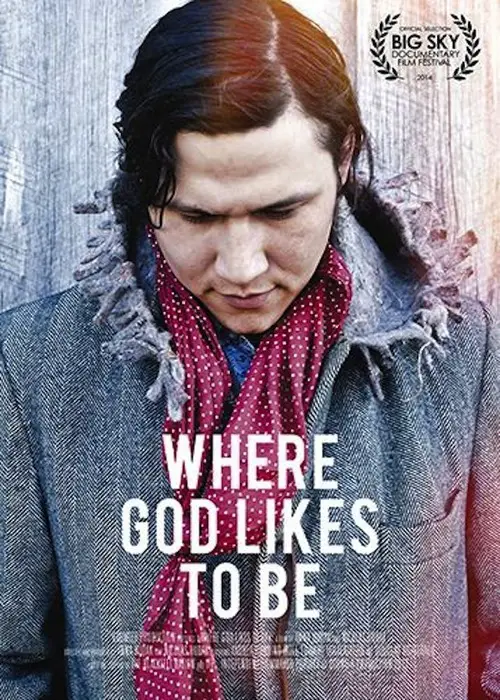
Similar movies
Darwin's great insight â that life has evolved over millions of years by natural selection â has been the cornerstone of all David Attenboroughâs natural history series. In this documentary, he takes us on a deeply personal journey which reflects his own life and the way he came to understand Darwinâs theory.
Get up close and personal with 16 of the most successful women in the adult film industry as they shed their clothes for an intimate photo shoot with director Deborah Anderson. As questions are asked, personal stories about their lives are revealed, from why they chose the business of sex to how they got into it in the first place. These porn stars have always been discreet about their private lives in the past, yet Anderson has a way of opening up a dialog allowing them to share more than just their naked skin on screen. Their true inner vulnerability is touching, yet the characters they have created are confident and intoxicating. Once you hear their stories, you'll never look at them in the same way again.
Regular opening times do not apply as we accompany Sir David Attenborough on an after-hours journey around Londonâs Natural History Museum, one of his favourite haunts. The museum's various exhibits coming to life, including dinosaurs, reptiles and creatures from the ice age. Shot by the same 3D team that worked on Gravity, examines how the animals and creatures at the London museum once roamed the earth.
This documentary about Henri-Georges Clouzotâs unfinished 1964 psycho-thriller LâEnfer is as tantalizing as it is frustrating. Despite remaining one of the most masterful of French directors, Cluozot inexplicably seems to have lost control on the big-budget production of LâEnfer. The long-lost raw footage is intriguing and dazzling, infused with swirling lights and blue-lipped, cigarette-puffing fantasy temptresses. Although directors Serge Bromberg and Ruxandra Mederea have managed to speak to numerous members of the original crew, this behind-the-scenes investigation has so little to say about the reasons behind Clouzotâs failure to complete the film. In spite of this, the undiminished power of Clouzotâs extraordinary images makes the documentary a fascinating watch.
Award-winning musician Björk and legendary broadcaster and naturalist Sir David Attenborough have admired each other's work for years but this is the first time they have discussed their mutual love of music and the natural world on screen. In this remarkable documentary, Björk explores our unique relationship with music and discovers how technology might transform the way we engage with it in the future.
A documentary series from Channel 4, hosted by professor Richard Dawkins, well-known darwinist. The series mixes segments on the life and discoveries of Charles Darwin, the theory of natural selection and evolution, and Dawkins' attempts at convincing a group of school children that evolution explains the world around us better than any religion.
The cane toad was imported from Hawaii in 1935 to save Queensland's sugar crop from the grey-back beetle. It failed because the beetle could fly and the cane toad couldn't. But the cane toad stayed to become a pest of plague proportions and part of local culture and popular mythology. This offbeat and entertaining documentary presents not just the biological information, but also the surprising range of people's attitudes to these grotesque creatures, including keeping them as pets.
220 million years ago dinosaurs were beginning their domination of Earth. But another group of reptiles was about to make an extraordinary leap: pterosaurs were taking control of the skies. The story of how and why these mysterious creatures took to the air is more fantastical than any fiction. In Flying Monsters 3D, Sir David Attenborough the worldâs leading naturalist, sets out to uncover the truth about the enigmatic pterosaurs, whose wingspans of up to 40 feet were equal to that of a modern day jet plane.
From Rich-Heape Films, the award winning producers of Trail of Tears Cherokee Legacy and Black Indians An American Story and told from the Native American perspective, this documentary uncovers the dark history of the US government policy and will give a voice to the countless Indian children forced through the system. The film deals with both the schools run by Christian missionaries and those run by the United States' Bureau of Indian Affairs. It addresses the schools' role of forcing cultural assimilation of the resident children into the ways of the majority culture of European Americans.[2]
Planet Earth: The Future is a 2006 BBC documentary miniseries on the environment and conservation, produced by the BBC Natural History Unit as a companion to the multi-award winning nature documentary Planet Earth. The programmes were originally broadcast on BBC Four immediately after the final three episodes of Planet Earth on BBC One. Each episode highlights the conservation issues surrounding some of the species and environments featured in Planet Earth, using interviews with the film-makers and eminent figures from the fields of science, conservation, politics, and theology. The programmes are narrated by Simon Poland and the series producer was Fergus Beeley.
Featuring Michael Pollan and based on his best-selling book, this special takes viewers on an exploration of the human relationship with the plant world -- seen from the plants' point of view. Narrated by Frances McDormand, the program shows how four familiar species -- the apple, the tulip, marijuana and the potato -- evolved to satisfy our yearnings for sweetness, beauty, intoxication.
Geologist Ian Stewart explain in three stages of natural history the crucial interaction of our very planet's physiology and its unique wildlife. Biological evolution is largely driven bu adaptation to conditions such as climate, soil and irrigation, but biotopes were also shaped by wildlife changing earth's surface and climate significantly, even disregarding human activity.
Filmmaking icon Agnès Varda, the award-winning director regarded by many as the grandmother of the French new wave, turns the camera on herself with this unique autobiographical documentary. Composed of film excerpts and elaborate dramatic re-creations, Varda's self-portrait recounts the highs and lows of her professional career, the many friendships that affected her life and her longtime marriage to cinematic giant Jacques Demy.
Documentary telling the little-known story of how Darwin came to write his great masterpiece, On the Origin of Species, a book which explains the wonderful variety of the natural world as emerging out of death and the struggle of life. In the twenty years he took to develop a brilliant idea into a revolutionary book, Darwin went through a personal struggle every bit as turbulent as that of the natural world he observed. Fortunately, he left us an extraordinary record of his brilliant insights, observations of nature, and touching expressions of love and affection for those around him. He also wrote frank accounts of family tragedies, physical illnesses and moments of self-doubt, as he laboured towards publication of the book that would change the way we see the world. The story is told with the benefit of Darwin's secret notes and correspondence, enhanced by natural history filming, powerful imagery from the time and contributions from leading contemporary biographers and scientists.
Political commentator, author and filmmaker Dinesh D'Souza puts forth the notion that America's history is being replaced by another version in which plunder and exploitation are the defining characteristics. D'Souza also posits that the way the country understands the past will determine the future. Using historic re-enactments, D'Souza explores the lives and sacrifices of some of America's greatest heroes, including George Washington and Frederick Douglass.
American docudrama film which takes place in Kenya. It is a dramatized presentation of some of the social customs of the Bantu people, as represented through a young native hunter, Tandu. Narrated by Paul E. Prentiss, the film was a co-production of the American Museum of Natural History and Jarville Studios.
Hosted by Ben Stein, this controversial documentary examines how pro-intelligent design scholars and scientists are often chastised, fired or denied tenured positions by those who believe in Darwin's theory of evolution. Nathan Frankowski's film explores how scientists who believe in God are oppressed and how the acceptance of Darwinism might have played a role in the formation of the Nazi regime.
Thanks to a recent remarkable discovery in the BBC's Film Vaults, the best of David Attenborough's early Zoo Quest adventures can now be seen as never before - in colour - and with it the remarkable story of how this pioneering television series was made. First broadcast in December 1954, Zoo Quest was one of the most popular television series of its time and launched the career of the young David Attenborough as a wildlife presenter. Zoo Quest completely changed how viewers saw the world - revealing wildlife and tribal communities that had never been filmed or even seen before.
Delve into the world of Batman and the vigilante justice that he brought to the city of Gotham. Batman is a man who, after experiencing great tragedy, devotes his life to an ideal--but what happens when one man takes on the evil underworld alone? Examine why Batman is who he is--and explore how a boy scarred by tragedy becomes a symbol of hope to everyone else.
A revolutionary film about the cinematic genius of North Korea's late Dear Leader Kim Jung-IL, with a groundbreaking experiment at its heart - a propaganda film, made according to the rules of his 1987 manifesto. Through the shared love of cinema, AIM HIGH IN CREATION! forges an astonishing new bond between the hidden filmmakers of North Korea and their Free World collaborators. Revealing an unexpected truth about the most isolated nation on earth: filmmakers, no matter where they live, are family.
Through the power of IMAX 3D, experience a wondrous adventure from the dinosaur age. Join Julie, an imaginative young woman, in a unique voyage through time and space. Explore an amazing underwater universe inhabited by larger-than-life creatures which were ruling the seas before dinosaurs conquered the earth. See science come alive in an entertaining manner and get ready for a face-to-face encounter with the T-Rex of the seas!
A behind-the-scenes look at how the animators, sculptors and palaeontologists, using the latest state-of-the-art animatronics and computer graphics, collaborated to re-create not just these pre-historic behemoths but their behaviour as well for the BBC natural history documentary miniseries "Walking with Dinosaurs".
Cane Toads: The Conquest is a comic yet provocative account of Australiaâs most notorious environmental blunder from filmmaker Mark Lewis.Shot against the harsh and beautiful landscape of northern Australia, Cane Toads: The Conquest tracks the unstoppable journey of the toad across the continent. Director Mark Lewis (Cane Toads: An Unnatural History, The Natural History of the Chicken) injects his trademark irreverence and humor into the story as he follows a trail of human conflict, bizarre culture and extraordinary close encounters.Filmed with high-resolution 3D technology, Cane Toads is the first Australian digital 3D feature film. Custom designed equipment allows viewers to get up close and personal with these curious creatures like never before. The unique viewing experience is like being immersed in the world of the toad.
Making a film about a radio station doesnât sound like the most visually compelling of projects. How many takes do you need before the acoustic transition from the opening to the closing of a door is perfect or the reader's voice correctly modulated? Nicolas Philibert has accepted the challenge to portray that which cannot be seen. Shouldering his camera, he spent half a year wandering the endless corridors of Radio Franceâs âround houseâ on the banks of the Seine where he filmed people who dedicate themselves utterly and meticulously to their work.
An entertaining documentary look at dinosaurs with Emmy Award-winning special effects, feature film clips and stills, commentary by leading paleontologists of the time, and an on camera as well as voice-over narrative by Christopher Reeve. Shot on location in Los Angeles and New York at the American Museum of Natural History
In the early-morning hours of July 23, 2007, in Cheshire, Conn., ex-convicts Steven Hayes and Joshua Komisarjevsky broke into the family home of Dr. William Petit, his wife, Jennifer Hawke-Petit, and their daughters, Michaela, 11, and Hayley, 17. Dr. Petit was beaten and tied to a pole in the basement. The three women were bound in their bedrooms while the men ransacked the house. The brutal ordeal continued throughout the morning, ending with rape, arson and a horrific triple homicide.
A coming of age story following a young meerkat pup, Kolo, growing up in the Kalahari desert; and an inspiring look at how one family's connection to each other and their surroundings is a model of resilience and fortitude for us all. Shot using ground-breaking techniques, this dramatised documentary is a one-of-a-kind presentation from The Weinstein Company and the BBC, featuring narration by Paul Newman.
The movie De Nieuwe Wildernis is set in the Oostvaardersplassen, a nature reserve of high standard in the Netherlands. The reserve has been developed in a location that 40 years ago was under sea level in one of the most densely populated countries in the world. Nowadays, its the stage for a unique nature show: the nature determines the rhythm. EMS Films was the first with exclusive rights to shoot footage during all four seasons in the Oostvaardersplassen. The team of "De Nieuwe Wildernis" filmed in the Oostvaardersplassen over a period of two years. The result is a nature film never seen in The Netherlands before. It is a nature spectacle! The film features Konik horses, Red Deer, Foxes and Heck cattle, just to name a few, battling for new territories and survival.
Professor Alice Roberts journeys 40,000 years back in time on the trail of the great beasts of the Ice Age in this BBC documentary miniseries. It begins in the land of the sabre-tooth; North America, a continent that was half covered by ice. Alice traces the movements of Ice Age beasts like bear-sized sloths, vast mammoths and the strange beast known as the glyptodon. These leviathans were stalked by the meanest big cat that ever: Smilodon fatalis. In the Land of the Cave Bear, Alice ventures to the parts of the northern hemisphere, hit hardest by the cold. High in the mountains of Transylvania, a cave sealed for thousands of years reveals grisly evidence for a fight to the death between two staving giants, a cave bear and a cave lion. Yet Alice discovers that for woolly rhinos and woolly mammoths, the Ice Age created a bounty. In the final installment, Alice sets off on her last voyage back to the Ice Age to discover why the giants of the age went extinct.
Earth teems with a staggering variety of animals, including 9,000 kinds of birds, 28,000 types of fish, and more than 350,000 species of beetles. What explains this explosion of living creaturesâ1.4 million different species discovered so far, with perhaps another 50 million to go? The source of life's endless forms was a profound mystery until Charles Darwin brought forth his revolutionary idea of natural selection. But Darwin's radical insights raised as many questions as they answered. What actually drives evolution and turns one species into another? To what degree do different animals rely on the same genetic toolkit? And how did we evolve?
The story of a race against time to help preserve the untouched forests of Burma and its wildlife. For the first time in over 50 years, a team of wildlife filmmakers from the BBC's Natural History Unit and scientists from the world renowned Smithsonian Institution has been granted access to venture deep into Burma's impenetrable jungles. Their mission is to discover whether these forests are home to iconic animals, rapidly disappearing from the rest of the world.
Since the assassination of Dr. George Tiller in Kansas in 2009, only four doctors in the United States continue to perform third-trimester abortions. These physicians, all colleagues of Dr. Tiller, sacrifice their safety and personal lives in the name of their fierce, unwavering conviction to help women.
Amanda (Marlee Maitlin) is a divorced woman who makes a living as a photographer. During the Fall of the year Amanda begins to see the world in new and different ways when she begins to question her role in life, her relationships with her career and men and what it all means. As the layers to her everyday experiences fall away insertions in the story with scientists, and philosophers and religious leaders impart information directly to an off-screen interviewer about academic issues, and Amanda begins to understand the basis to the quantum world beneath. During her epiphany as she considers the Great Questions raised by the host of inserted thinkers, Amanda slowly comprehends the various inspirations and begins to see the world in a new way.
© Valossa 2015–2026
| Privacy Policy

